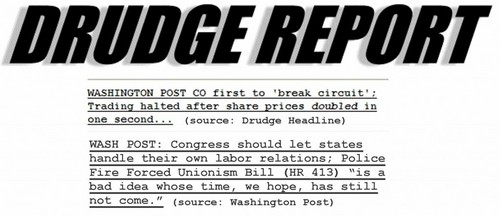The Federal Communications Commission (FCC) recently hit a major stumbling block in its effort to impose net neutrality via the “reclassification” of broadband services. Following months of civil rights groups, artists, and a major union voicing their opposition to net neutrality as a policy and a federal appeals court ruling that the FCC’s regulatory power was more limited than the agency had believed, 248 members of the U.S. House of Representatives went on the record to oppose the FCC’s plans.
But that hasn’t stopped the FCC from continuing to pursue reclassification. Last week, Commissioner Mignon Clyburn unveiled herself as a supporter of designating broadband a telephone service under Title II of the Communications Act.

In a speech to the Media Institute, Clyburn rejected the notion that reclassification constituted a power grab saying that “The chairman is proposing that we reestablish the authority that the commission and most observers thought we had.”
But opponents say that the FCC’s proposed action is exactly that–a naked power grab, aimed not at reestablishing something “stripped” of the FCC, but rather extending the agency’s reach to impose heavy regulation on Internet services, in possible usurpation of Congress’ authority.
Technology policy experts have previously opined that any move to reclassify by the FCC could be met with a second legal challenge similar to the one it lost earlier this year.
Furthermore, any such case could be bolstered by previous moves by Senators Jay Rockefeller and John Kerry and Congressmen Henry Waxman and Rick Boucher–all of whom head up committees tasked with work on broadband issues–to revise the Communications Act. Observers say the initiation of that revision process in and of itself indicates that the FCC lacks the authority to regulate the Internet, including via reclassification.
The FCC has set aside June 17 to vote on a “notice of inquiry” aimed at obtaining information relevant to broadband regulation and the reclassification plan.
For his part, FCC Chairman Julius Genachowski has recently been touting a so-called forbearance plan that would purportedly apply only certain sections of Title II regulations to broadband. Genachowski says this would provide “confidence and certainty that this renunciation of regulatory overreach will not unravel…” However, as think-tank Digital Society has noted, Genachowski’s immediate target number of sections to apply swiftly increased–an indicator of the FCC’s closeted commitment to overreach, say some opposed to Internet regulation.
COMMENTS
Please let us know if you're having issues with commenting.